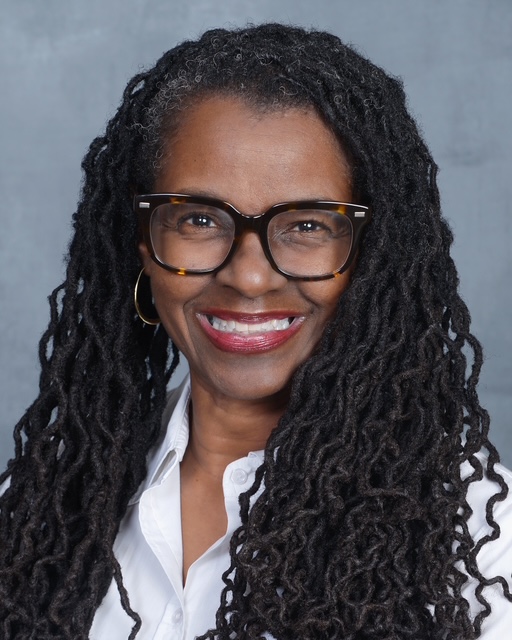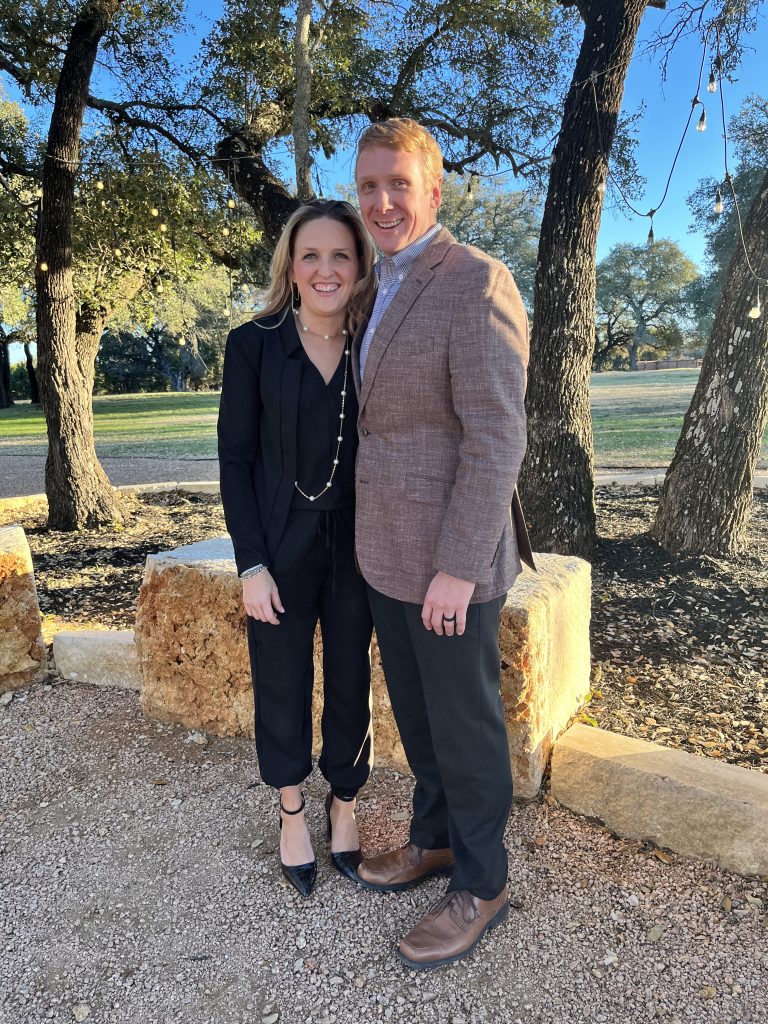The best way to understand FASD is through the perspectives of individuals with living experience. We believe these stories are powerful and can create community. If you would like to share yours, please email us.

My name is Yolanda Ross and I am a grateful recovering alcoholic and addict. I am also the birth mother to a 28-year-old daughter, Hannah who is living with Fetal Alcohol Syndrome (FAS) and an Intellectual Disability. Due to my substance use while pregnant, I have experienced experience feelings of guilt, shame, and grief related to my daughter’s condition. However, because of the love and support I received from my family (Mother, Father, Sisters and Extended Family Members), I was able to overcome these negative emotions and feelings.
I learned throughout the years that parenting a child with FASD requires significant adaptation, as these children may have difficulties with attention, impulse control, and social skills. What I found most helpful with Hannah was the need to implement structured routines, consistent discipline, and individualized support. In regard to support, I was able to connect with other birth mothers through the Circle of Hope, who have also experienced similar challenges related to a FASD diagnosis. This amazing group has provided me emotional support and a sense of community. I also took the opportunity to gain knowledge about FASD, and its profound effects on children, along with discovering effective parenting strategies, which has enabled me to provide better support for Hannah.
For individuals and families affected by FASD, it is important to remember that early intervention, continuous support, and a focus on strengths are vital. Seeking expert guidance, utilizing available resources, and building a strong support network can significantly impact positive outcomes.
-Dr. Yolanda Ross, LCSW-S/LCDC/MHA
My son’s diagnosis of Fetal Alcohol Spectrum Disorder (FASD) has profoundly shaped our lives. We’ve spent countless hours navigating misdiagnoses and struggling to find specialist care. Raising a child with FASD without adequate support has led to emotional distress and mental health challenges. The lack of FASD awareness among professionals, schools, and the public makes everyday tasks and social situations unpredictable and overwhelming for us. We’ve faced judgment about our parenting, had to leave events early, or skip them altogether, and constantly adjust our plans to meet our son’s needs. Our reality includes years-long waitlists for specialized caregivers and quarterly three-hour trips for appointments.
Finding true understanding through the TX FASD network, local adoption and special needs groups, and building friendships across the country has been invaluable. I’ve learned the importance of self-care, stepping away in heated moments, and remembering that FASD is a brain disability. Working on building the relationship and focusing on my son’s strengths and finding ways to help him thrive has been key to his success.Prioritizing my son’s strengths and finding ways to help him succeed has been essential to his progress. Building a strong relationship and focusing on his well-being have been key elements in this approach.
I wish people, especially professionals, understood that FASD is a lifelong disability with varying effects. It’s not a choice or a result of bad parenting, but a consequence of prenatal alcohol exposure. People with FASD deserve compassion, understanding, and support, not judgment or stigma. To other caregivers, know you’re not alone. It’s okay to feel overwhelmed or frustrated. Seek support from those who understand, don’t hesitate to ask for help, celebrate small victories!
-Teisha, parent of child with FASD

